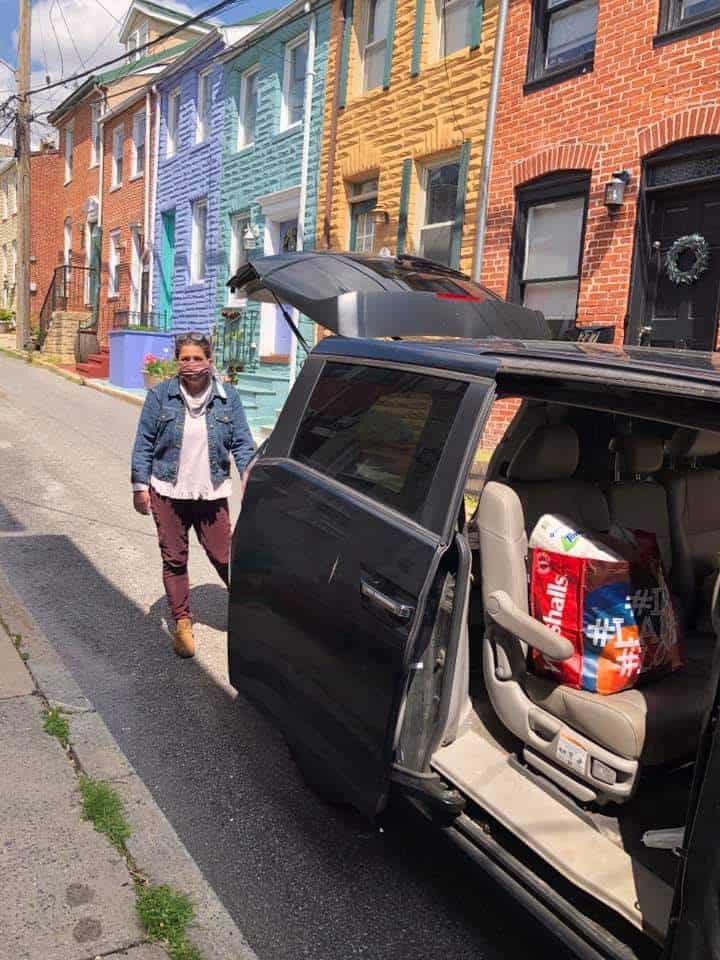
Prior to the transition to virtual learning, mindfulness and restorative strategies at Wolfe remained a major priority. The use of the Mindfulness Room has increased, and more importantly, more teachers are using the mindfulness spaces in their classroom to address behavioral concerns as opposed to simply sending their students out of the classroom. This is the third year that Wolfe is utilizing mindfulness on a school-wide level and teachers are really seeing the benefits, which increases their engagement with mindfulness practices within their classrooms. The Behavior Team, led by the Community School Coordinator, provided training at the beginning of the school year to reinforce the use of mindfulness spaces in the classroom, which should be the first level of support utilized when a student needs a moment to calm down. As a result, teachers are referring students to the school-wide Mindfulness Room only after all other in-classroom forms of support have been used.
After the shift to virtual learning, Wolfe’s staff identified the challenge of equitable internet and device access for all students. The parents on the PTO officer team were committed to finding a solution. Thanks to the WSA parents, the school used tablets with a data plan, which will allow students to use the devices anywhere and not be dependent on WiFi. This example demonstrates our commitment to honoring our parents’ expertise. The After School program was successful in continuing to engage students in additional learning opportunities, by creating fun videos, sharing academic content on Google Classrooms, and developing an online newsletter for students and parents, although it was not able to offer the experience-based learning opportunities such as sailing, physics, and robotics that it typically does.
The following are some highlights from last year’s community school programming:
- Distributed 24,000 pounds of food
- During the annual Holiday Gift Giveaway, which is made possible through a partnership with Downtown Baltimore Family Alliance, 180 Wolfe families received personalized gifts based on their wish lists from generous community donors.
- 755 parents engage in the Parent Teacher Organization over the course of the year
- 26 Parent volunteers providing 272 hours of service, and 88 community volunteers providing 831 hours
- Wolfe Street reached their goal for middle school placements of students:
- 3 students accepted placements in the Ingenuity Project
- 15 students accepted placements at local charter schools
- 3 students accepted placements at private schools with scholarship
- 4 students selected their zone middle school as their first choice
- 3 students are currently on the waitlist for their 1st choice school

